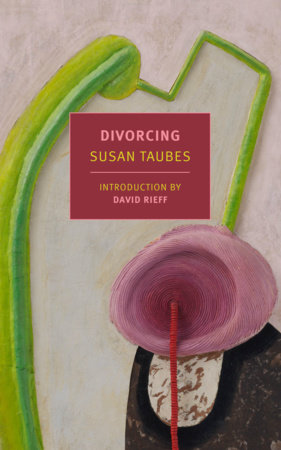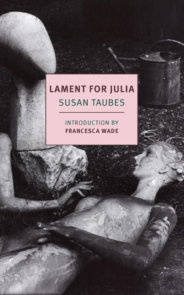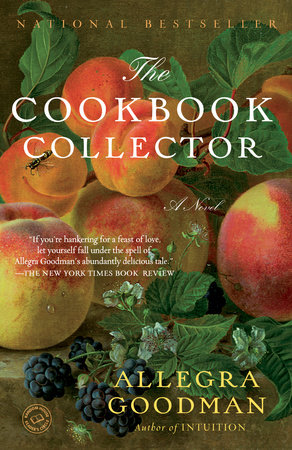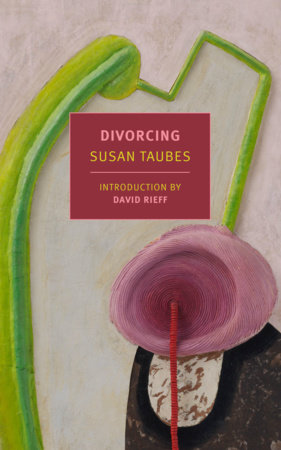

Divorcing
By Susan Taubes
Introduction by David Rieff
By Susan Taubes
Introduction by David Rieff
By Susan Taubes
Introduction by David Rieff
By Susan Taubes
Introduction by David Rieff
Category: Women's Fiction
Category: Women's Fiction

-
$16.95
Oct 27, 2020 | ISBN 9781681374949
-
Oct 27, 2020 | ISBN 9781681374956
YOU MAY ALSO LIKE
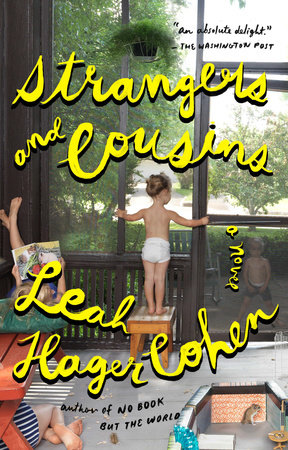
Strangers and Cousins
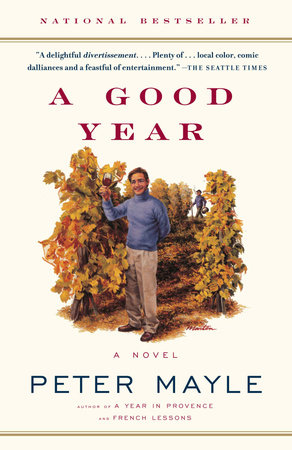
A Good Year
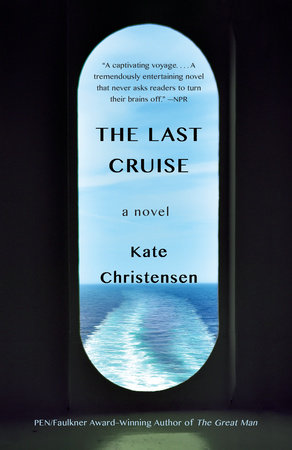
The Last Cruise

The Elegant Gathering of White Snows
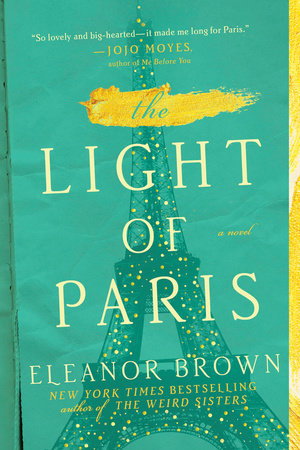
The Light of Paris
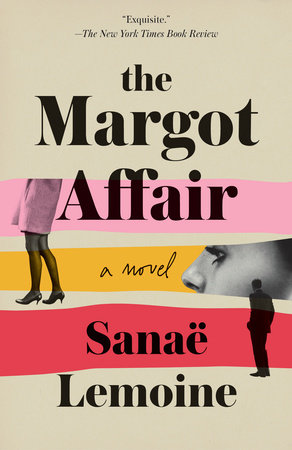
The Margot Affair
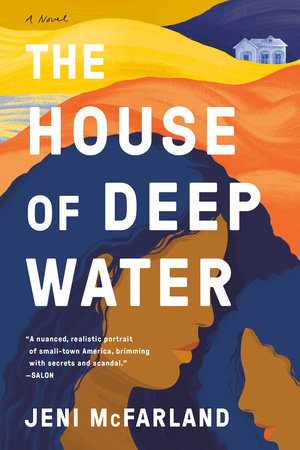
The House of Deep Water

How to Make an American Quilt
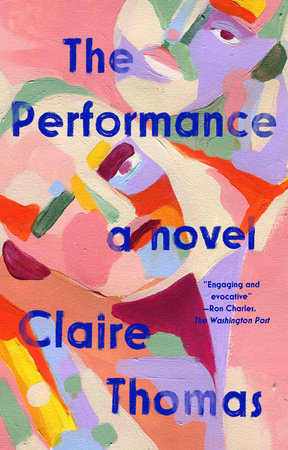
The Performance
Praise
“[Divorcing] is about much more than the breakup of a marriage. Perhaps it is mostly about misogyny and how it can discourage and deaden a clever woman. It is also about being haunted by the ghosts of the Holocaust and the ghosts of a marriage. And it is about the kind of rupture, both personal and historical, that can’t be neatly resolved, not in life nor in a novel.” —Deborah Levy, The Guardian
“Divorcing is a rediscovered masterpiece, a raw, witty, and utterly original novel about the life and afterlife of a mordant female Jewish philosopher…Taubes’s voice, assured and vulnerable at the same time, comes out of nowhere anyone else has ever been. She should have been a major American novelist.” —Judith Shuvelitz, The Atlantic The Great American Novels of the Past 100 Years
“Time and history, as experienced both personally and collectively, are just two of the big ideas this novel leaves a reader pondering,” —John Williams, The New York Times
“The novel centers on Sophie, an already-dead Spinoza scholar, as she travels between New York, Paris, Budapest, the sky, and the bottom of the ocean; between Hungarian, German, Yiddish, English, and French; between intergenerational memories of her family and its strained relationship to Judaism and interpersonal ties to her former husband, friends, lovers, and children. . . . [Divorcing] generates possibilities to imagine fluidity between living and thinking.” —Rachel Pafe, The Baffler
“[T]his formally bold novel will gratify admirers of Taubes’ friend and contemporary Susan Sontag, Elizabeth’s Hardwick’s Sleepless Nights, and Margaret Atwood’s Cat’s Eye. . . . A wry and cerebral study of identity, marriage, sex, and the interleafing of personal, familial, and national history.” —Kirkus Reviews
“Hungarian American writer Taubes first published this brilliant fever dream of the life, loves, and travels of Sophie Blind shortly before her death in 1969. . . . The result parses how a thinking woman might have gone about divorcing herself from a society that defined her in ways over which she had no control. Taubes’s stylistically innovative book is essential reading for fans of Renata Adler.” —Publishers Weekly
“Divorcing heralded the rise of the lean, epigrammatic fiction of the mid-’70s, such as Renata Adler’s Speedboat and Elizabeth Hardwick’s Sleepless Night. . . . Sophie’s cosmopolitanism, her coolness, her sexual appetite, her exhaustion, her intellectualism and indifferent glamor would become recognizable literary capacities, appealing features of a modern protagonist. . . . Divorcing is the stuff of literary cults. It is vivid and inchoate, its surface slick from recent molting. It is fascinating and flawed, a gathering of antithetical forms, sheered edges, leaps of faith…Some works are merely reissued; this feels more like a resurrection.” —Dustin Illingworth, The Paris Review
“Divorcing is often very funny, always alive, bursting with ideas, full of formal vitality and change. . . . [T]his feels like a book both stuffed with fiction and nonfiction, memory and play.” —Scott Cheshire, The Washington Post
“Divorcing is a compendium of severance: not just a wife from her husband, but a family from their homeland, and a people from their God.” —Jess Bergman, Jewish Currents
“Divorcing, teems with stylistic daring, taunts with irreverence, and glints with genius . . . an astonishing work of art, decades ahead of its time, whose formal innovations and insistent excavation of the unspoken corners of female consciousness we now take for granted as de rigueur. . . . Taubes constructs the novel as though piecing together a kaleidoscope of experiences from broken shards of glass. The results are uneven but riveting, ultimately concerned with the question of where writing alone—and the novel form in particular—can take us.” —Jennifer Schaffer, The Nation
21 Books You’ve Been Meaning to Read
Just for joining you’ll get personalized recommendations on your dashboard daily and features only for members.
Find Out More Join Now Sign In








